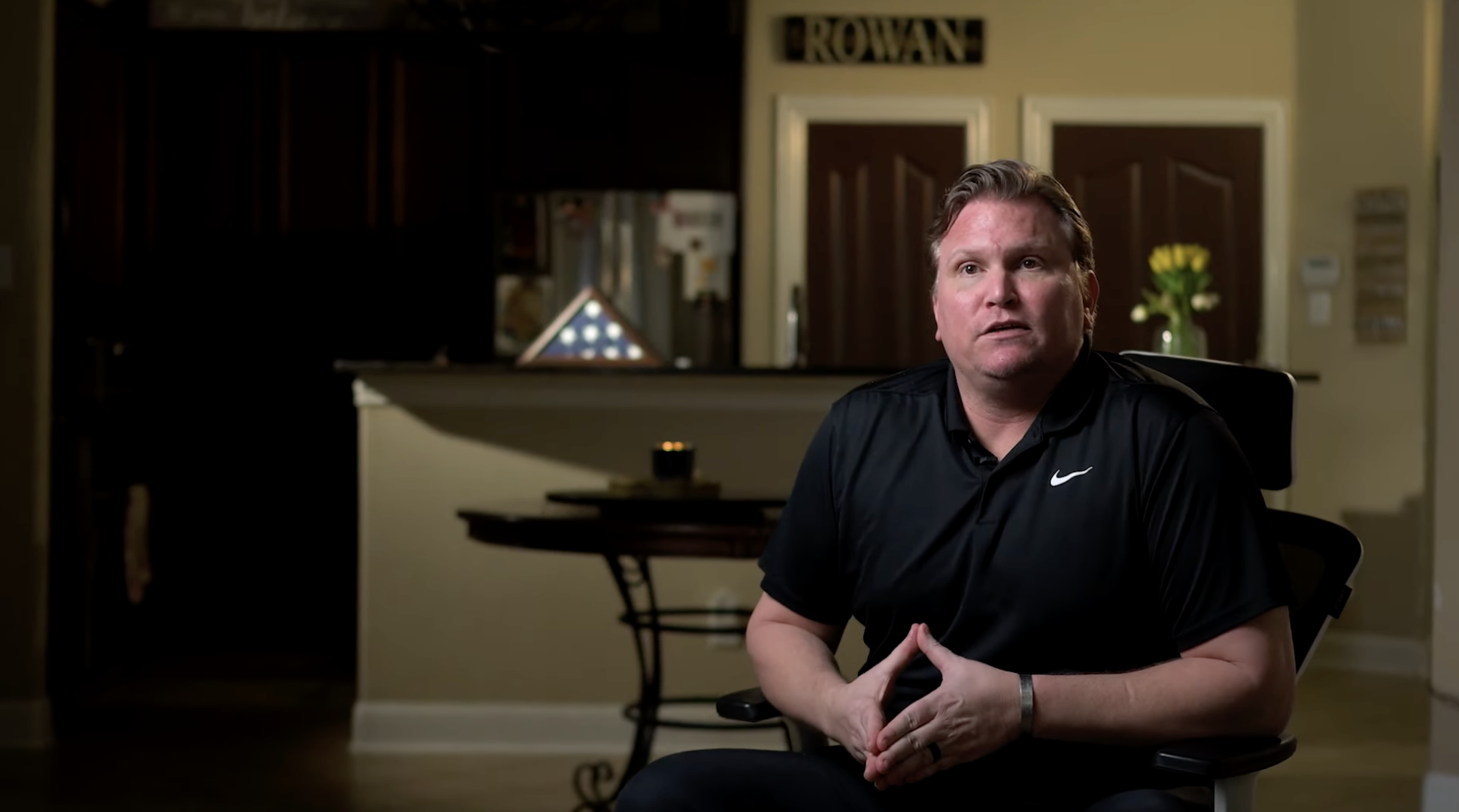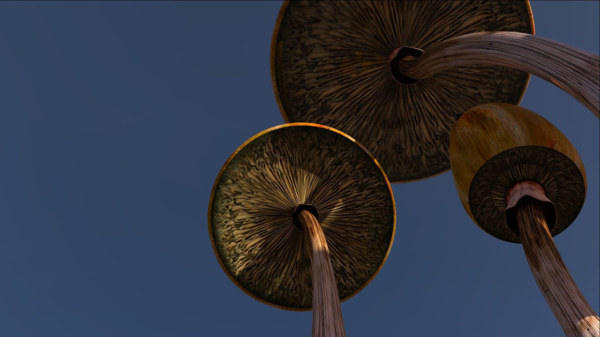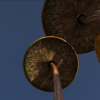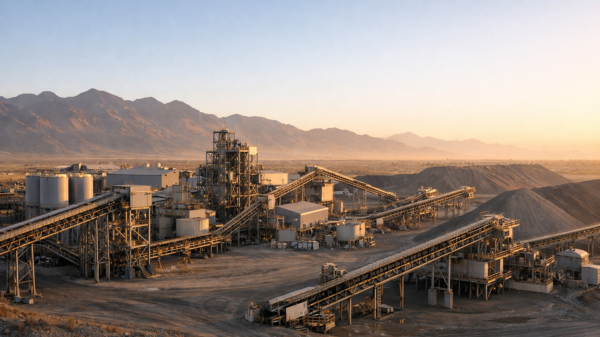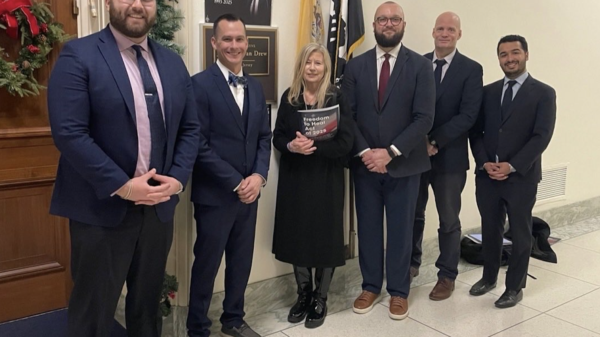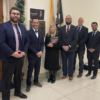Texas is making history by funding a major ibogaine research initiative with an unprecedented sum. As the United States continues to grapple with an increasing rate of mental health conditions, the need for efficacious new treatment modalities is immense.
This is particularly true among the American veterans community. Depression, PTSD, and substance use disorders resulting from those conditions are alarmingly prevalent. So is suicide, unfortunately.
On Thursday, a press release credited to the Texas Ibogaine Initiative revealed that the Lone Star State has approved US$50 million in public funding for ibogaine drug development trials. A pair of House and Senate bills that were just passed established this state-sponsored research program.
“Big win for the Texas Ibogaine Initiative, for Veterans, and honestly—for anyone who’s ever battled opioid addiction, PTSD, or traumatic brain injury,” said Justin Jackson, a U.S. Marine Corp veteran in South Carolina.
The largest comparable public funding initiative for ibogaine research was proposed in Kentucky two years ago, but was ultimately unsuccessful. The aim was to spend US$42 million on researching the psychedelic to combat the opioid and mental health crisis, but political opposition and safety concerns put a stop to it. Texas has now taken the reins in this regard.
“Veterans led this charge. Lawmakers listened. Now the rest of the country is paying attention,” commented Sibin Stephen, a psychedelic educator and enthusiast.
Ibogaine is a psychoactive alkaloid derived from a Central African shrub. A synthetic version of the natural drug was also recently synthesized by researchers at UC Davis. In addition to mental health and substance use disorders, ibogaine has proved be a promising treatment for traumatic brain injury. Moreover, it can potentially help treat Alzheimer’s, multiple sclerosis and Parkinson’s.
Texas just made psychedelic history.
$50M to fund ibogaine research for addiction, trauma, and brain injury.
The largest publicly funded psychedelic initiative ever.
Not California, not Oregon…
Texas. pic.twitter.com/GaZ8iSf3Km
— Paul F. Austin (@PaulAustin3w) May 22, 2025
Read more: Psychedelic Healing Shack goes up for sale, owner sick of conflict with Detroit officials
Schedule I status has hindered research for decades
As highlighted in the news release from the Texas Ibogaine Initiative, the psychedelic drug’s federal illegality has forced many veterans, first responders and other traumatized individuals to travel abroad to obtain access or suffer without.
“I’ve heard the stories, studied the research, and looked these Veterans and warfighters in the eye,” former Texas Governor Rick Perry said, “men who came back from ibogaine treatment in Mexico healed and finally whole.”
The American politician says the psychedelic gave them peace when nothing else could. Additionally, Perry stated that he would spend the rest of his life making sure the substance receives the attention it is deserving of.
“Never been more proud to be a Texan,” said Chase Rowan, ibogaine advocate and military veteran.
In relation, a groundbreaking study completed by researchers from Stanford University in January found that a group of military servicemen reported an 88 per cent reduction in PTSD symptoms one-month post-administration on average. The 30 male Special Operations Forces veterans received the treatment at a Mexican clinic.
All of them were suffering from the aftermath of mild traumatic brain injuries. Their mental health issues were significantly linked to the head trauma.
The investigation, published in the prominent journal Nature Medicine, also determined that they experienced an 87 per cent average reduction of depression and 81 per cent alleviation of anxiety within 30 days.

Tabernanthe iboga shrub, Central Africa. Image credit: AnneClaire Stapleton — former CNN conflict journalist
Read more: New Mexico follows in Oregon & Colorado’s footsteps by legalizing psilocybin therapy
Follow Rowan Dunne on LinkedIn
rowan@mugglehead.com

